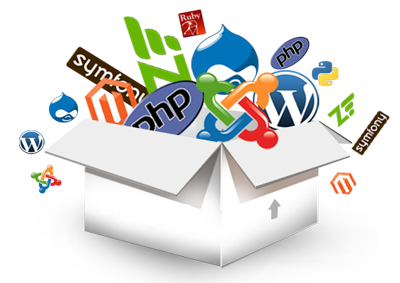
In today’s fast-paced digital era, software solutions have become an essential part of running a successful business. From automating tasks to improving communication and decision-making, software tools streamline operations and enhance productivity. Here’s how software is making daily business operations more efficient and effective.
1. Automation of Repetitive Tasks
Software automates time-consuming tasks such as data entry, invoicing, payroll processing, and customer interactions. This reduces human errors, saves time, and allows employees to focus on strategic initiatives rather than mundane activities.
2. Improved Communication and Collaboration
With cloud-based communication tools like Slack, Microsoft Teams, and Zoom, businesses can ensure seamless collaboration among team members, regardless of their location. Project management software like Trello and Asana keeps teams aligned on tasks, deadlines, and goals.
3. Enhanced Data Management and Analytics
Business intelligence and analytics software help companies gather, store, and analyze data efficiently. Tools like Tableau, Power BI, and Google Analytics provide insights into customer behavior, sales performance, and market trends, enabling data-driven decision-making.
4. Better Customer Relationship Management (CRM)
CRM software like Salesforce and HubSpot enables businesses to track customer interactions, manage leads, and provide personalized customer service. Automated follow-ups and targeted marketing campaigns enhance customer satisfaction and loyalty.

5. Secure Financial Management
Accounting software such as QuickBooks and Xero simplifies financial transactions, tax calculations, and expense tracking. Automated billing and secure payment gateways ensure accurate and timely financial operations.
6. Scalability and Flexibility
Software solutions are highly scalable, allowing businesses to expand their operations without a proportional increase in workload. Cloud-based applications ensure businesses can access data and services from anywhere, improving flexibility and efficiency.
7. Strengthened Cybersecurity
With rising cyber threats, security software protects sensitive business data from breaches and cyberattacks. Firewalls, encryption, and AI-driven security systems ensure data integrity and compliance with industry regulations.
8. Cost Efficiency
Investing in the right software reduces operational costs by minimizing manual labor and improving resource management. Automated workflows optimize efficiency, leading to significant cost savings over time.
Conclusion
Software solutions have revolutionized the way businesses operate by improving efficiency, accuracy, and scalability. Companies that leverage the right software tools gain a competitive edge, streamline their workflows, and enhance overall business performance. In the modern business landscape, software is not just an option—it’s a necessity for success.
